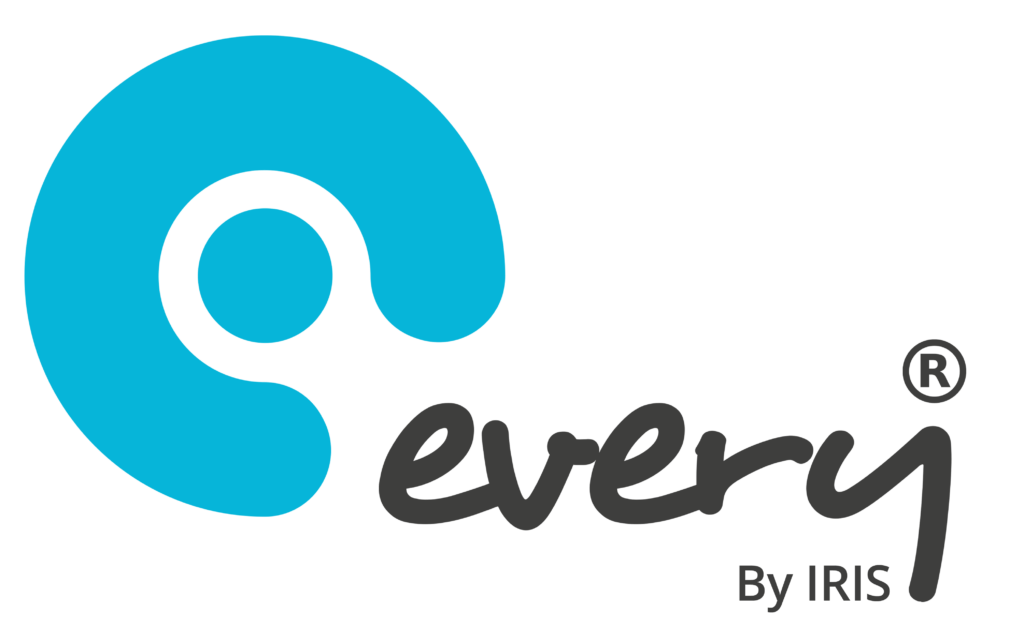
What’s your local primary school got in common with a Fortune 500 company? You’re forgiven if you feel stretched to find something
After all, primary schools are full of youngsters learning their times-tables, figures that’ll seem small-fry to high-powered Fortune 500 execs. But when you consider the fundamental aims of both types of organisation, i.e. to run as efficiently as possible to meet (or surpass) performance targets, the similarities aren’t as abstract as they once seemed.
And whether you’re an SBM experienced in running your school’s entire back-office show or a graduate starting out at Amazon or Apple, there’s one thing you’ll have in common: the time you spend – waste – switching between various applications on your computer.
The toggling tax
Last year, the Harvard Business Review took time to research this exact activity, studying the behaviours of 137 employees across three Fortune 500 companies. All participants worked in mid- or back-office roles similar to those found in our schools and MATs, like HR, recruitment, and finance. The study looked at how much time each employee spent moving between tasks on their computers/laptops. We’ll be surprised if the results don’t raise your eyebrows.
The average employee spent just under 4 hours each week reorienting themselves after switching to a new application. That’s roughly 16 hours every month – over 200 hours per year – and adds up to a whopping 9% of the annual time each user spends at work.
The Review coined it the ‘toggling tax’. And though Fortune 500 companies aren’t exactly pulling employee details from one application and inputting to another to complete the School Workforce Census, you are more than likely contributing towards your very own toggling tax.
How productive is your working week?
Apply these stats to your team’s standard 37.5-hour week and you’re all pretty much spending an entire morning back-and-forth between different programmes. When you think about it simply, it’s obvious that the time we spend moving from one system to another causes a disconnect.
Log out.
Log in.
Click.
Swipe.
Type.
No matter how minor the seconds your staff spend on each of these miniscule activities, it all adds up. So, how much more could be achieved collectively if you used those hours more effectively?
Can you ever ‘save’ time?
Our Director, Adam Watson, takes trouble with the common saying that this or that can help you ‘save time’. Supermarkets have the yellow label power to reduce the money you spend on your food shop, but no-one can stop the clock. The amount of time we have is fixed, so we’ve got to focus on making every hour, minute, and second bit as rich as possible.
It starts with spotting the activities that are making aspects of your role inefficient, a departmental function repetitive, or an entire organisation disconnected. Take the simple example of keying a new starter’s information into your HR portal, then onto your SCR, and then into Payroll. An hour passes and you notice an error, so back you go, logging in, out, and manually shaking it all about to make sure a change to an employee’s data in one system is reflected in the others. It makes us tired even thinking about it!
Or, the more complex nature of acquiring one, two, three more schools to your growing MAT and having to repeat the same, arduous tasks. Like filing through an entire school’s paper records and spreadsheets to understand which staff have read and accepted the newest KCSIE documents, and which need a reminder.
Value-added systems
Time in a school day is tight, and not just for our teachers. It’s about time we empowered our central teams with meaningful processes and systems that make sense to provide true connectivity across multiple activities. While your applicant tracking system might feel like your unsung superhero, if it’s not connected to the actual job applications, then it’s contributing to inefficiencies in your time.
We know that the daily activities carried out by central school and MAT teams are similar. But we also see day-in, day-out, that it’s howthey’re carried out that differentiates standard from effective practice.
We can’t give you time and we won’t save your time. But we can support you to reconsider how you’re using your time and empower ways for you to spend your time more effectively.
Have you got time for a little more? Head to our EdExec Live seminars this May and June where we’ll be exploring the value of time further!

This is a sponsored article brought to you by Every
To find out more about how Every could benefit you, come and chat to them at Education Executive Live 2023. Book your tickets here!



Be the first to comment